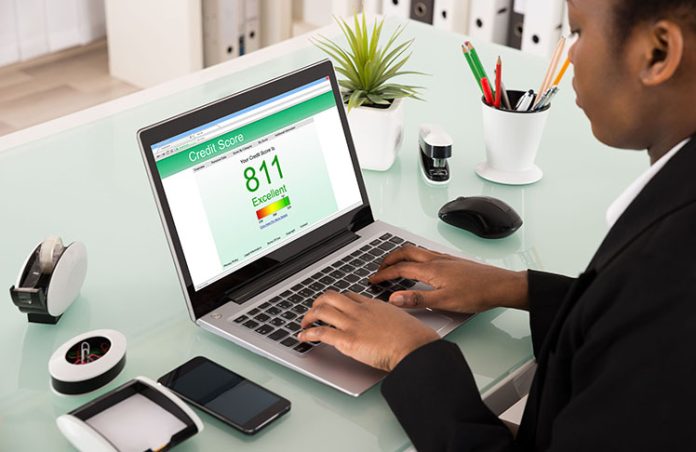By Aaron Allen, The Seattle Medium
Improving your credit scores begins with understanding just how all of the pieces work together with building a plan to improve your credit.
A credit score is a meter of how responsibly one handles their credit. There are several factors that can influence your credit score, and Sheila Winston, a senior business consultant with Chase, recently spoke with The Seattle Medium about what financial behaviors and information make a difference when it comes to your credit score.
According to Winston, it’s important to know the difference between your credit score and your credit report. Your credit score is based on the items found on your credit report, like how grades are based on homework and class assignments.
When a client inquires about what is the most important aspect of building a credit history, Winston believes the most essential responsibility is paying your debts on time.
“Making sure you pay your bills on time is very, very important,” says Winston. “Pay all your bills on time. Every time. This is the golden rule of credit. Unfortunately, one late payment can significantly impact your score. Even high-income people struggle with this one!”
“If your 30 days late or 60 days late that is huge and can make your [credit] score drop very fast,” she added.
Your credit score is based on your credit history, your ability to pay back/off debt, and whether or not you’re making payments on time or late. Other factors that can affect your credit score include the type of loans you have and your utilization of credit.
“I look at a credit report as a report card and they [lenders] want to see what category you’re in whether you are an A student, B student, C student, D student,” says Winston. “They pretty much want you to be very responsible and show that you have the capability to repay your loan back.”
Winston also says avoiding late payments is one of the best ways to protect your credit score, and advises many of her clients to set up auto pay in order to avoid late payments.
“Autopay will help them pay on time and autopay sometimes may not pay the entire amount, but it will help customers to not be late,” says Winston.
Your credit utilization, the balance that you owe on your accounts compared to your credit limit, is also plays an essential role in building better credit. The closer you are to maxing out, the worse the effect. Ideally, you’d keep this ratio to 30% or less, so if you have a $1,000 credit limit, a balance higher than $300 will start to drag your score down.
“Utilization says we should not spend more than 30 percent and a lot of times what will happen is people think that the answer is to put [all of their debt] on a zero percent credit card and even doing that it can affect your credit score because it will be way over your percentage of usage,” says Winston.
Other aspects that affect your score include how long you’ve had credit, new accounts and credit checks and the number and type of accounts.
“It’s called a credit history for a reason,” says Winston. “The further back you can demonstrate that you regularly pay your debts back, the better your score.
Winston also advises against opening a number of new accounts in a short period of time, because it can indicate to a lender that you’re planning a spending spree or expecting to lose your job. If you’re planning to apply for a mortgage or other loan where your credit score determines your interest rate, try to avoid applying for any new credit cards within 3-6 months.
“Opening a slew of new accounts (or attempting to) in a short period is a red flag to a lender,” Winston adds. “Also, there are such things as “good debts” and “bad debts.” Having a mortgage, student loan, or car loan looks better because it implies that you’re responsible enough to maintain a home, go to school, and take care of a car.”
Becoming creditworthy takes diligence and dedication. And, whether you’re a Chase customer or not, you can use Chase Credit Journey to monitor your credit score for free as often as you like without impacting it. Simply sign up online at no cost and start receiving alerts when there are changes to your credit report, or when your personal information is exposed in a data breach.
























